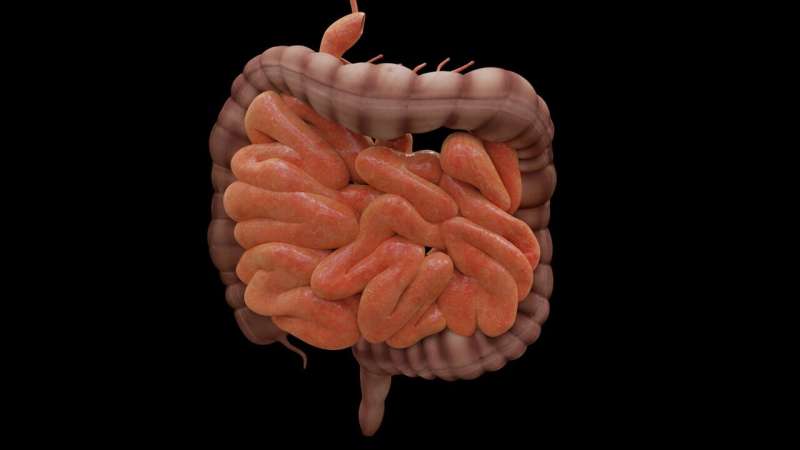Safety and Tolerability of Vibrating Capsule Show Promise for Chronic Constipation Treatment

A new study demonstrates that a vibrating capsule is a safe and well-tolerated non-drug treatment for chronic idiopathic constipation, offering hope for patients seeking alternative options.
A recent study highlights the potential of a novel, drug-free treatment approach for chronic idiopathic constipation (CIC) using a vibrating capsule. Published in the journal Neurogastroenterology & Motility, this research evaluates the safety and patient tolerance of the vibrating capsule, which offers a new option for managing this common and often debilitating condition.
Led by Dr. Bryan Curtin, a licensed gastroenterologist and director at Mercy Medical Center, the study involved 800 patients across six clinical trials. CIC, characterized by infrequent or difficult bowel movements without an identifiable cause, accounts for approximately 75% of chronic constipation cases. Patients and clinicians have long sought effective alternative treatments, especially for those who do not respond well to conventional medications.
The vibrating capsule functions by delivering timed mechanical vibrations to stimulate the colon, mimicking natural peristalsis to promote bowel activity. Upon ingestion, it produces gentle vibrations that encourage bowel movements without the need for drugs.
Results from the study indicate that the capsule is both safe and well-tolerated. Only 2-3% of participants experienced mild gastrointestinal symptoms such as nausea, diarrhea, or abdominal discomfort, with no serious adverse events reported. Importantly, every participant completed the therapy, and over 80% found the treatment convenient, with more than 70% expressing satisfaction with their results.
This research involved patients who were administered either an active vibrating capsule or placebo. The findings suggest that the capsule could become an important non-pharmacologic option for treating motility disorders. Notably, less than 2% of participants experienced diarrhea, a common side effect associated with traditional medications.
Key takeaways from the study include the absence of significant adverse events, high levels of patient compliance, and evidence supporting the capsule’s potential as a safe, effective non-drug therapy.
Dr. Curtin emphasizes the importance of diversifying treatment options for gastrointestinal disorders, especially for patients seeking alternatives to long-term medication use. The vibrating capsule represents an innovative and promising tool for managing CIC, with ongoing research needed to confirm its long-term benefits.
For more information, see the full study: Bryan F. Curtin et al., The Vibrating Capsule: Safety and Tolerability in Patients With Chronic Idiopathic Constipation, Neurogastroenterology & Motility (2025). DOI: 10.1111/nmo.15004.
Source: https://medicalxpress.com/news/2025-05-vibrating-capsule-shown-safe-tolerable.html
Stay Updated with Mia's Feed
Get the latest health & wellness insights delivered straight to your inbox.
Related Articles
National Dermatology Study Highlights Top Skincare Ingredients for Common Skin Concerns
A recent study by Northwestern Medicine highlights the most effective skincare ingredients recommended by dermatologists for common skin concerns, including sunscreens and retinoids, based on expert consensus.
Innovative Eye Drops Offer Alternative to Reading Glasses for Presbyopia Patients
New research highlights the potential of specialized eye drops as a convenient, non-invasive alternative to reading glasses for presbyopia patients, offering sustained vision improvement up to two years.
The Role of Robots in Supporting Healthy Aging and Independence
Explore how socially assistive robots are transforming aging by supporting independence, mental well-being, and daily living for seniors. Learn about the benefits, challenges, and future prospects of robotic assistance in elder care.
Understanding the Rise in Measles Cases and How to Prevent Them
The U.S. faces its largest measles outbreak in over 30 years due to declining vaccination rates. Experts highlight airborne transmission and stress the importance of community vaccination to stop the spread.



